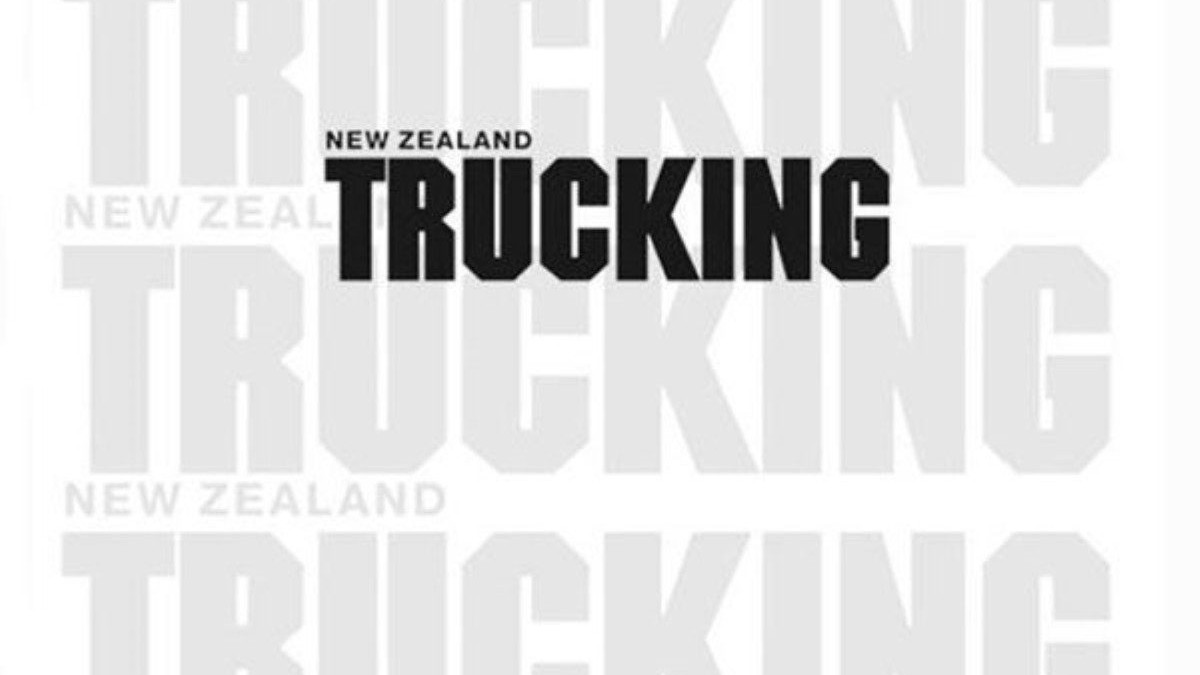
The sun is out, the barbie is cranking, and you can feel the sea breeze in your mullet – am I setting the scene of the summer season?
The Oxford English Dictionary should define New Year’s resolutions as ‘unrealistic and overly optimistic goals we set when filled with too much Christmas ham’. We have the best of intentions, but more often than not, these goals are mildly unachievable. Most New Year’s resolutions centre around health, wellbeing and fitness. We promise ourselves that we will eat fewer takeaways and exercise more. Gyms are often chock- a-block in January with people wanting to create a better version of themselves – which is excellent. However, we often see the new crowd dwindling off come March as they may not have achieved what they set out to in that short time.
This is the problem I often encounter with my clients – they expect to achieve their lofty goals within a short timeframe. For example, they want to lose 15kg in three months. Although this may be doable in some circumstances, it is not a sustainable or realistic goal for most of us. Setting weight goals from the outset can often make you feel disheartened and negative about your fitness journey. The number on the scale does not account for your muscle mass or define how fit and strong you are. Don’t even get me started on BMI.
So, how do we kick-start 2024 with a healthy mindset and goal? My advice is to start small, be specific (and throw your scales out the window).
Do something small to improve your nutrition
Although the temptation to start a quick-fix, fad diet is compelling – we need to look at what we are currently eating and make tweaks along the way. This way, you are making the change more doable and realistic and you’ll likely include many more foods you find enjoyable.
For example, if you are currently skipping breakfast, prioritise having a healthy breakfast every morning, which could help prevent binge eating later in the day and balance out your meals overall. You want to ensure you get protein, carbohydrates and healthy fats in your breakfast. For example, you could have scrambled eggs (protein) on toast (carbohydrate) with avocado (fat).
Do something small to improve your fitness
Look at how much exercise you are doing. Are you a gym member, involved in a team sport, or have an active summer hobby like cycling or kayaking? It’s important to start from our base and work from there. Looking at an online programme with six workouts a week is no use if you are currently doing zero. Your body would be in too much shock (and pain) to suddenly jump from zero to hero in a matter of weeks.
For example, if you are currently managing to go for two walks a week, you could aim to increase that to three walks in the first week, four walks in the second week and re-evaluate at the end of each week if you are feeling up to adding more exercise or you may feel like you are being challenged enough as you are.
Progress is never linear and can depend hugely upon your work and personal commitments each week. Never feel disheartened when you encounter setbacks or hover around the same routine for a while without progressing – this is normal!
Do something small to improve your wellbeing
Your wellbeing can be anything that contributes to your overall mental health – getting enough sleep, managing stress, having time to yourself, doing things you enjoy and spending time with loved ones. These goals can be more difficult to pinpoint than fitness and nutrition goals. It’s important to be specific and set a measurable goal because if you are too broad, you won’t really know if you have achieved what you set out to when you come to reflect on it.
For example, “don’t stress about the small stuff” is a helpful and common mantra, but it is not overly specific. Instead, you could say that you want to do 10 minutes of meditation four mornings a week to try to help manage your stress levels. You will 100% know if you have achieved that or not.
My overall advice is to start the year with a fresh perspective on where things are at for you now and where you could realistically be in one, six, and 12 months from now regarding your health, fitness and overall wellbeing. Resist the temptation to jump on board with the latest fad diet and fitness trend and, instead, make small, achievable changes to your current nutrition and exercise regime.
If you are starting from square one and are currently inactive or not eating well, do not overwhelm yourself with complicated diets counting macros and calories – this will only confuse you more. Deep down, we all know what is healthy and unhealthy for us – we don’t need to overcomplicate things unless we intend to enter a body-building competition.
Include plenty of lean meats (unless you’re vegetarian or vegan), vegetables, fruits, grains and legumes in your diet. The outside aisles of the supermarkets are where you will find healthy, whole foods. The middle aisles are where the heavily processed foods live. If you follow those simple guidelines, you will already see massive changes in your energy levels and maybe even your weight (if that’s what you want to achieve).
Read more
Park up this summer
0 Comments6 Minutes
Put the kettle on
0 Comments5 Minutes
Workout anywhere, any time
0 Comments4 Minutes
Spring into summer
0 Comments8 Minutes


